If you’re a cheese lover who’s been told to cut back for the sake of your health, good news: not all cheese is created equal. In fact, dietitians say that some varieties are not only safe to eat—they’re actually good for you. These six options are low in saturated fat and sodium, while packing impressive amounts of protein, calcium, and even probiotics. Whether you’re looking to support bone health, boost muscle recovery, or simply enjoy guilt-free indulgence, these cheeses check all the right boxes. Here’s your guide to making smarter choices without sacrificing flavor—or your favorite comfort food.
1. Cottage Cheese
Fitness enthusiasts swear by cottage cheese as a secret weapon for muscle building and recovery. This lumpy white cheese contains a whopping 24 grams of protein per cup, making it perfect for post-workout meals or high-protein snacks. It’s also packed with essential nutrients like calcium and B vitamins that support bone health and energy production.
What makes cottage cheese special is its versatility. Mix it with fruit and honey for a sweet breakfast or blend in herbs, tomatoes, or cucumbers for a savory side. Low-fat versions keep calories in check while still delivering big on nutrition. Plus, many brands now include active probiotic cultures that support digestion and boost your immune system naturally.
2. Mozzarella
Fresh mozzarella balls glistening with moisture offer more than just pizza perfection—they’re a surprisingly smart addition to a healthy diet. Each serving delivers substantial calcium—about 200mg per ounce—supporting strong bones while keeping saturated fat lower than many cheese alternatives. Unlike heavily processed cheeses, traditional mozzarella undergoes a fermentation process that introduces beneficial bacteria, supporting gut health. The stretchy, delicate texture comes from a unique production method that preserves more nutrients than shredded or block forms. For maximum health benefits, opt for fresh varieties rather than pre-shredded options, which often contain added starch and anti-caking agents. Pair with tomatoes, basil, and olive oil for a refreshing, antioxidant-rich protein and calcium boost.
3. Ricotta
Grandma’s lasagna secret might actually be a health food! Ricotta’s creamy texture hides impressive protein content—14 grams per half-cup—while containing naturally lower sodium than many other cheese varieties. The delicate, mild flavor makes ricotta incredibly versatile and easy to incorporate into everyday meals. Spread it on whole grain toast with a drizzle of honey for a protein-rich breakfast, or blend it with herbs and garlic for a flavorful vegetable dip. What many don’t realize is that ricotta contains whey protein, which is especially beneficial for muscle recovery and growth. Its traditional production process preserves more of milk’s natural nutrients, including calcium and B vitamins. This soft, nutrient-packed cheese fits beautifully into both sweet and savory dishes.
4. Swiss Cheese
Those signature holes in Swiss cheese might as well be little health pockets! Formed during the fermentation process, they indicate the presence of Propionibacterium freudenreichii—a beneficial bacterium that produces compounds linked to gut and metabolic health. Just one slice delivers about 8 grams of high-quality protein and roughly 25% of your daily calcium needs, supporting muscle and bone health.
But the most surprising feature? Swiss cheese contains significantly less sodium than most varieties, making it a heart-friendly option despite its rich and nutty flavor. It holds its own in sandwiches, melts beautifully in hot dishes, and offers bold taste in small portions—helping you enjoy flavor while staying nutritionally balanced.
5. Goat Cheese
Tangy and distinctive, goat cheese offers a flavorful solution for those who struggle with traditional cow’s milk products. Thanks to its A2 casein protein structure, it’s often gentler on sensitive digestive systems and may cause fewer issues for the lactose intolerant. Crumble it over salads, spread it on whole-grain crackers, or mix it into roasted vegetables—a little goes a long way!
The bold, creamy flavor helps with natural portion control while still delivering satisfaction. Each ounce offers about 6 grams of protein and a solid calcium boost without tipping your calorie balance. Goat cheese also contains medium-chain fatty acids, which your body metabolizes differently, potentially supporting energy production and healthy fat metabolism in the process.
6. Parmesan
Ancient Romans treasured Parmesan for its long shelf life, but modern nutrition experts praise it for packing an impressive nutritional punch into very small servings. Just one tablespoon delivers about 2 grams of complete protein, making it a powerful, concentrated addition to any meal. The lengthy aging process not only develops its signature bold flavor but also concentrates calcium—offering about 330mg per ounce, one of the highest calcium densities among foods. That intense umami kick means you can use less and still transform a dish. Grating it fresh ensures you’re getting pure cheese without anti-caking additives. Even those watching sodium can enjoy it in moderation, thanks to its bold flavor and small serving size doing so much work.
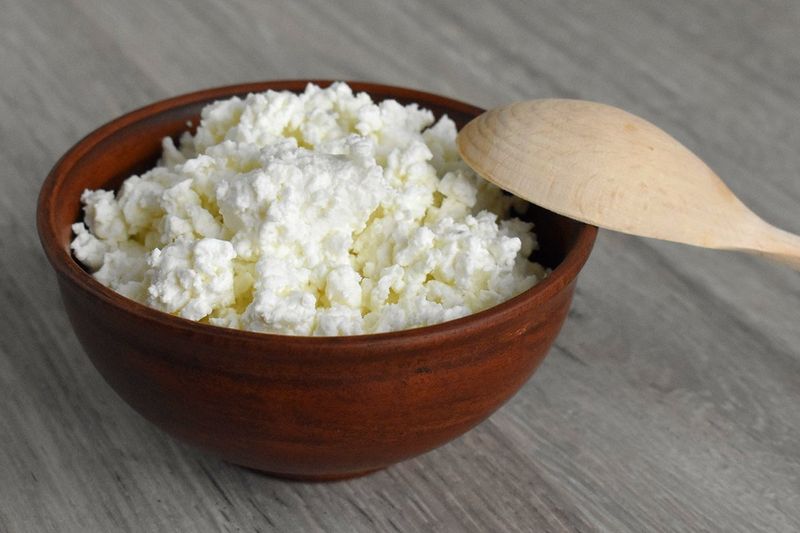

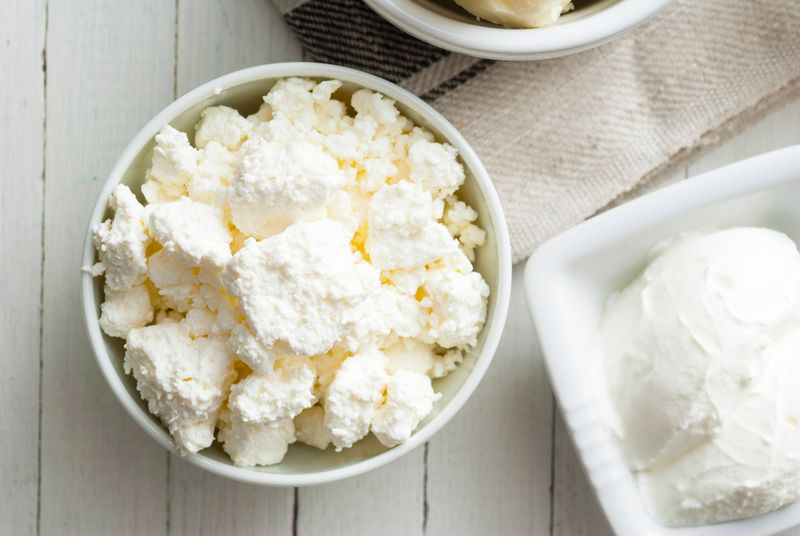
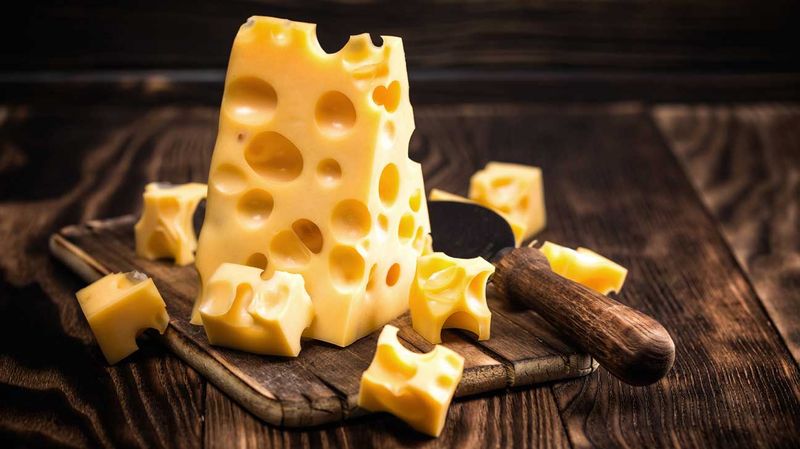
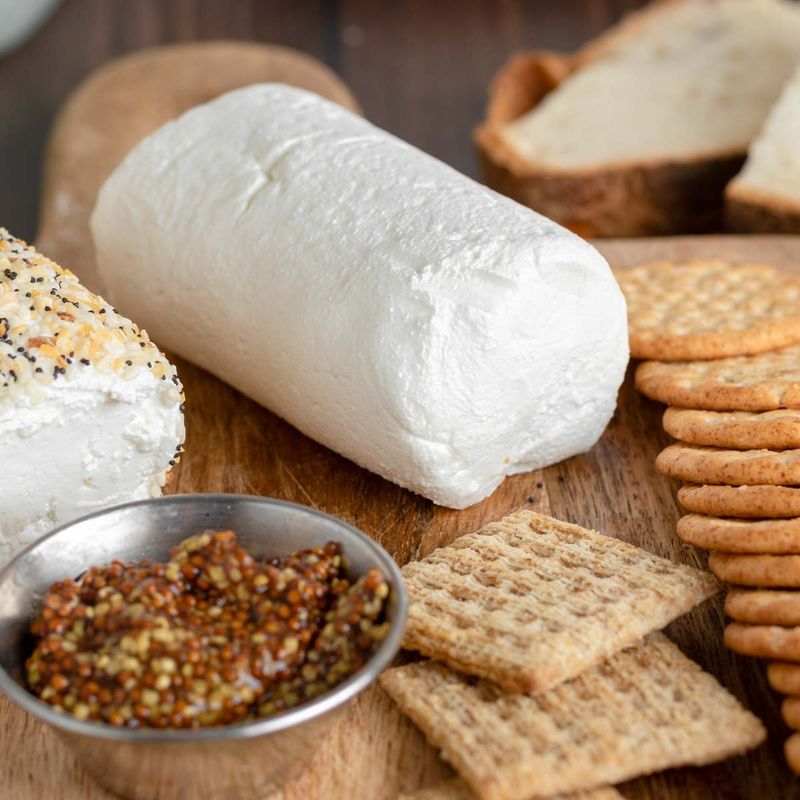
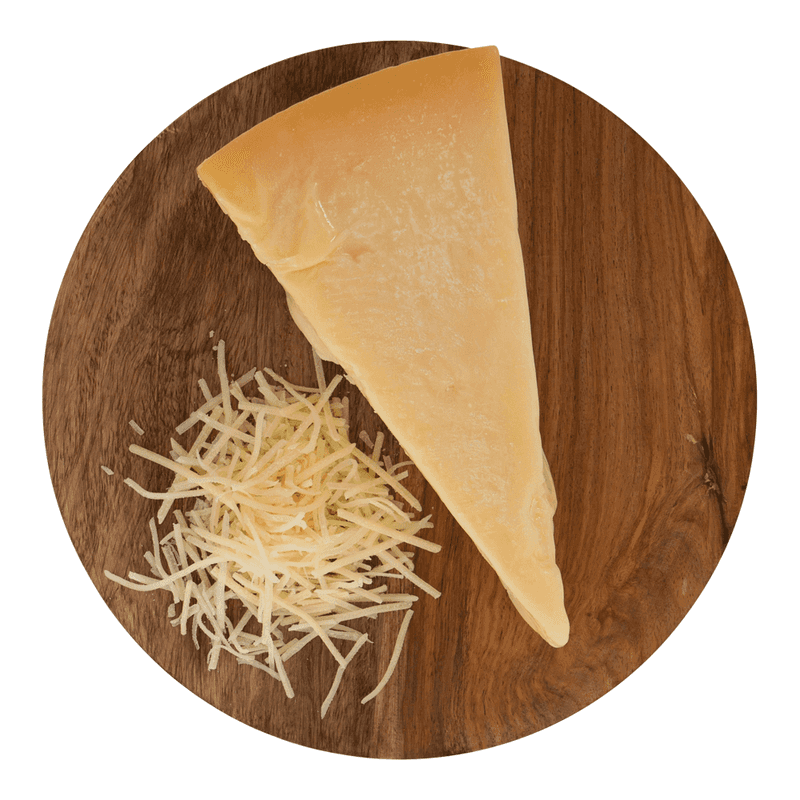
Leave a comment